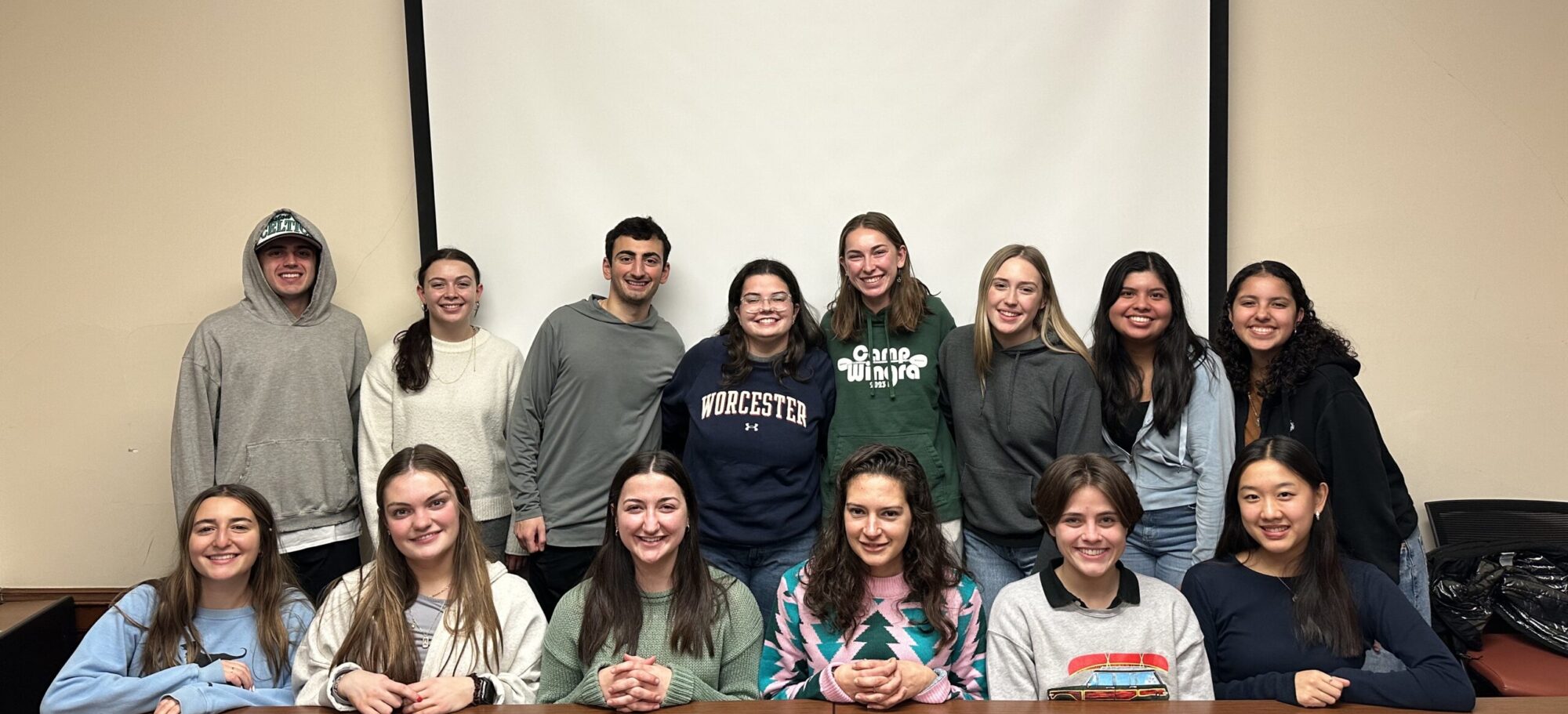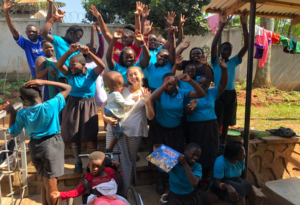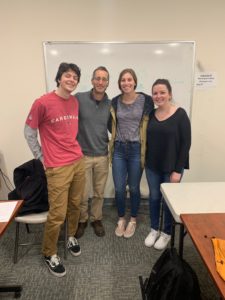This year, I have the amazing opportunity of serving at Ascentria Care Alliance as a Legal Intern. Being in this role has allowed me to feel that I am making a direct impact on the community that I am serving. With our current administration, the pathway for asylum, residency, and citizenship has been harder for individuals to attain. Being an intern at Ascentria has been challenging both professionally and emotionally, but it has allowed me to further understand the legal process of what an individual goes through when seeking a path to receive legal stay in the United States.
One of the challenges that I’ve faced while working at Ascentria is practicing self-care after a long day at the non-profit. Reading the testimonies that individuals who are seeking asylum share are hard to read or listen to, but it also gives me strength. Whenever I receive a new case to work with, I am very hopeful that everything will work out well for the individual seeking a pathway to remain in the United States.
Being part of the CBL Intern program for a second year has prepared me for the service that I now do in the organization. One of the skills that I’ve practiced and developed is the importance of creating connections and relationships with those around you. When I am at the organization I engage in conversations with those who I am working for, so I can also learn about their passions that have led them to this path of serving others who seek opportunities in the United States. When I am interpreting for a client, I create a conversation with them to ensure that everything will be okay and that this is a safe space for them. Language is a privilege in and of itself, and being at Ascentria has made me aware of that.
Growing up, my parents decided to teach me Spanish before I learned English. My dad would share with me the importance of learning both English and Spanish to create a bridge of the two identities I carry as a Mexican-American. Now, that is not to say that language is the only way of creating relationships, but I do think it gives an additional outlet that allows one to communicate with others who do not speak English. Since I was a child, I would interpret for my parents or translate documents for them. Originally, I only used this skill to serve my parents and to personally practice my bilingual capabilities. But now, I am thankful for having this skill because I can apply it in spaces where it is needed, like in Ascentria.
Many of the clients that I work with personally are younger than me. Knowing that I can speak to them and create a bridge among those who are not Spanish speakers, warms my heart because a simple life skill that my parents instilled in me, including the values that I’ve learned through the CBL program, has prepared me for this exact moment. Serving at Ascentria has been an amazing journey that I will be continuing into next semester.
Also, if you want to learn more about immigration and difficulties that individuals around the globe who come to the United States face, I recommend the documentary series titled “Living Undocumented” on Netflix. One of the testimonies that were included in the documentary still impacts me to this day.
“I want you to imagine waking up one morning, and your father is just gone. I want you to imagine going home and trying to tell everybody that everything will be okay when you aren’t even sure of that. And imagine every night trying to sleep, only to find yourself lying awake for hours because you can’t sleep. That worry will end you. And it will try to break you. You can watch a documentary and say ‘this is too bad’ but at the end of the day its just something that you are watching on tv and you can turn it off and you can go about your life.”
If how undocumented individuals are being treated is bothering you, please take the following actions:
- Inform yourself of what is going on with immigration policies/ the treatment of undocumented individuals through different sources .
-
Take action by writing letters to your representatives about your worries.






